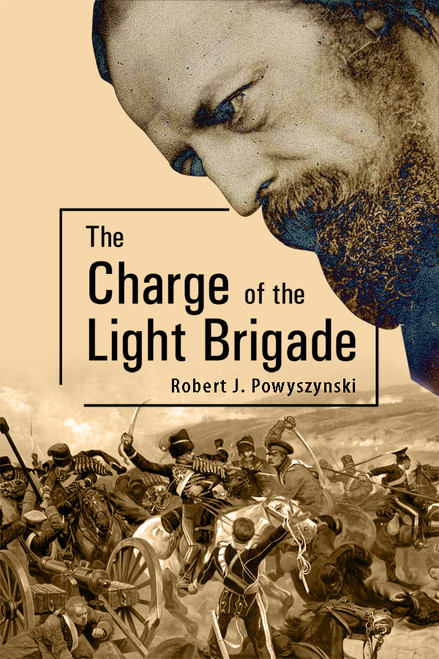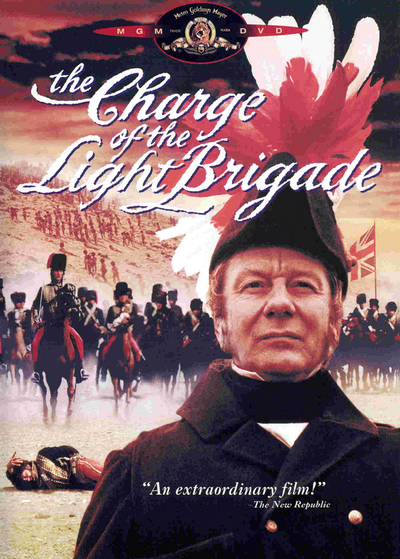

They moreover lacked accurate maps, had little idea how many Russian troops opposed them and flouted the dietary restrictions of the Muslim Ottoman soldiers within their ranks. Believing the conflict would be over quickly, they brought neither winter clothing nor medical supplies. Due to stormy weather, it took five days for them to fully disembark. On September 13, 1854, a joint allied force of over 60,000 troops sailed into Kalamita Bay, about 33 miles north of their objective. Rather than declare victory, however, Britain and France decided to punitively target the Russian naval base in Sevastopol, located on the Crimean Peninsula. With Austria likewise threatening to jump into the fray, Nicholas withdrew from Romania. Meanwhile, in March 1854, Britain and France declared war and immediately bombarded the then-Russian city of Odessa.

But although Nicholas referred to the declining Ottoman Empire as the “sick man of Europe,” his land forces made little progress in their push south, underscored by the failed siege of a fortress in present-day Bulgaria. Unnerved by this expansionism, Britain and France sent their own warships to the area and vowed to defend Ottoman sovereignty.įighting officially broke out in October 1853, and the following month the Russians decimated the Ottoman fleet in a surprise attack. The czar also purportedly had his eyes on Constantinople, the Ottoman capital, which if taken would give his navy unfettered access to the Mediterranean Sea. Upon being rejected, he then sent his army, the largest in the world, to occupy two Ottoman principalities in present-day Romania. Following one such violent squabble in 1852, Czar Nicholas I of Russia, a self-proclaimed defender of Orthodox Christianity, demanded the right to exercise protection over the Ottoman Empire’s millions of Christian subjects. It got its start in and around Jerusalem, then part of the Ottoman Empire, where Orthodox Christian and Catholic monks had been engaging in fierce, sometimes deadly brawls for years over who would control various holy sites. Tauris, 2019).A major conflict of the 19th century, the Crimean War claimed at least 500,000 lives and had a profound impact on such renowned personalities as British nurse Florence Nightingale and Russian author Leo Tolstoy. Trudi Tate, A Short History of the Crimean War (I.

Trudi Tate, 'On Not Knowing Why: Memorializing the Light Brigade', in Helen Small and Trudi Tate, eds., Literature, Science, Psychoanalysis, 1830-1970: Essays in Honour of Gillian Beer (Oxford University Press, 2003).Edgar Shannon and Christopher Ricks, ‘“The Charge of the Light Brigade”: The Creation of a Poem’, Studies in Bibliography, 38 (1985), rpt in Christopher Ricks, Tennyson, 2nd edn (Macmillan, 1989).Tennyson revised the poem several times there are a few different versions in different publications.įor detailed discussions of this poem, see: You can see a copy of the original publication of the poem in The Examiner, 9 December 1854, on the British Library website. Trudi Tate, Saul David and Mike Broers joined Melvyn Bragg on 10 January 2008. Listen to a discussion of the poem on ‘ In Our Time’, BBC Radio. Listen to Adrian Poole reading 'The Charge of the Light Brigade', Cambridge English Faculty website, November 2009. It was published in The Examiner in December 1854. Tennyson was moved by the newspaper reports, and wrote the poem in early December (not immediately, as is often claimed). The first reports appeared in The Times on 13 and 14 November 1854. The Charge of the Light Brigade took place at the Battle of Balaklava, 25 October 1854. Lecture on Tennyson and the Crimean War by Trudi Tate.
The charge of the light brigade update#
Update 2023: we study this poem in our 2023 Victorian Season. Live online lecture and seminar with Trudi Tate, 4 December 2021. We will discuss the presence of the Victorians in general, and this poem in particular, in Woolf’s novel, To the Lighthouse (1927) in our Virginia Woolf Season.


 0 kommentar(er)
0 kommentar(er)
